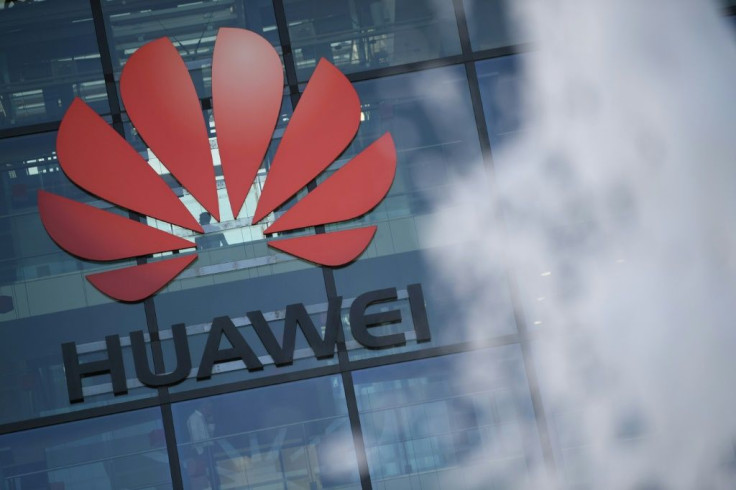Huawei Sues Verizon Over Alleged Patent Infringement

Chinese telecoms giant Huawei said Thursday it had filed two lawsuits in Texas courts against Verizon that accuse the US wireless carrier of patent infringement.
The move is the latest by Huawei to use US courts to protect its interests as President Donald Trump's administration continues a campaign to cripple the company worldwide.
The lawsuits are not directly related to that larger battle, however, dealing instead with allegations by Huawei that Verizon breached a dozen of its patents.
These range from patents concerning network security to remote access protocols.
Huawei said it had discussed the issues with Verizon on multiple occasions over a "significant period of time" but failed to resolve the disputes.
It is seeking an undisclosed amount of compensation.
AFP was not immediately able to get comment from Verizon.
Huawei said it holds more than 80,000 patents worldwide, including over 10,000 in the United States, and has received more than $1.4 billion in patent licence fees since 2015.
Late last year, it petitioned a US court to overturn a ban that prevents carriers in rural America from tapping an $8.5-billion federal fund to buy Huawei equipment.
The block was imposed on national security grounds, according to the Federal Communications Commission.
Huawei also last March filed a lawsuit declaring a 2019 US defence bill "unconstitutional" for essentially barring government agencies from any business with the company.
The US government considers Huawei a potential security threat due to the background of its founder and CEO Ren Zhengfei, a former Chinese army engineer.
The concern escalated as Huawei rose to become the world leader in telecoms networking equipment and one of the top smartphone manufacturers, and following Beijing's passage of a 2017 law obliging Chinese companies to assist the government in matters of national security.
Trump moved last year to block American companies from working with Huawei but has offered a series of temporary reprieves to allow service providers covering remote rural areas time to comply.
Huawei dismisses the security accusations and says Washington has provided no evidence.
Huawei's chief financial officer, Meng Wanzhou -- Ren's daughter -- is fighting extradition from Canada to the United States on fraud and conspiracy charges tied to American sanctions.
© Copyright AFP 2024. All rights reserved.





















